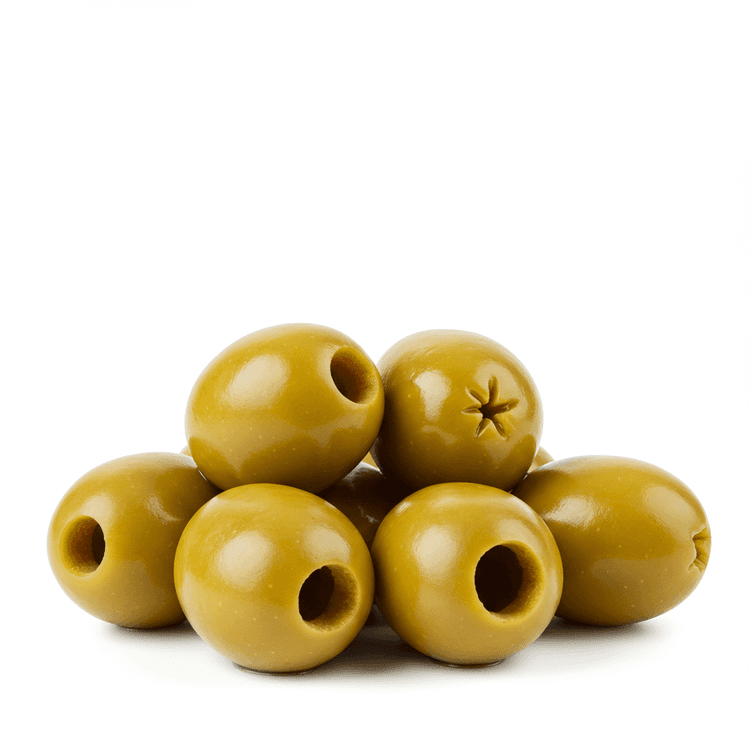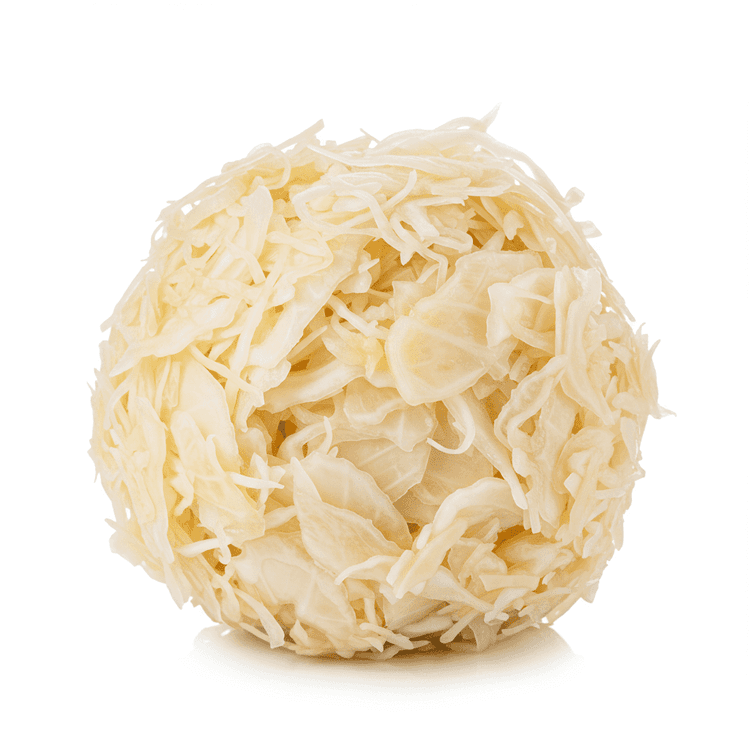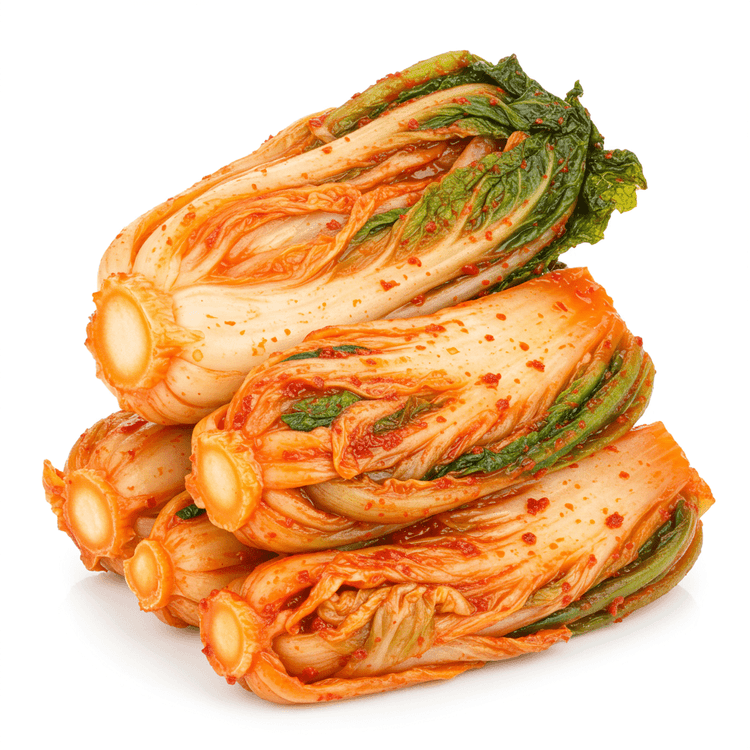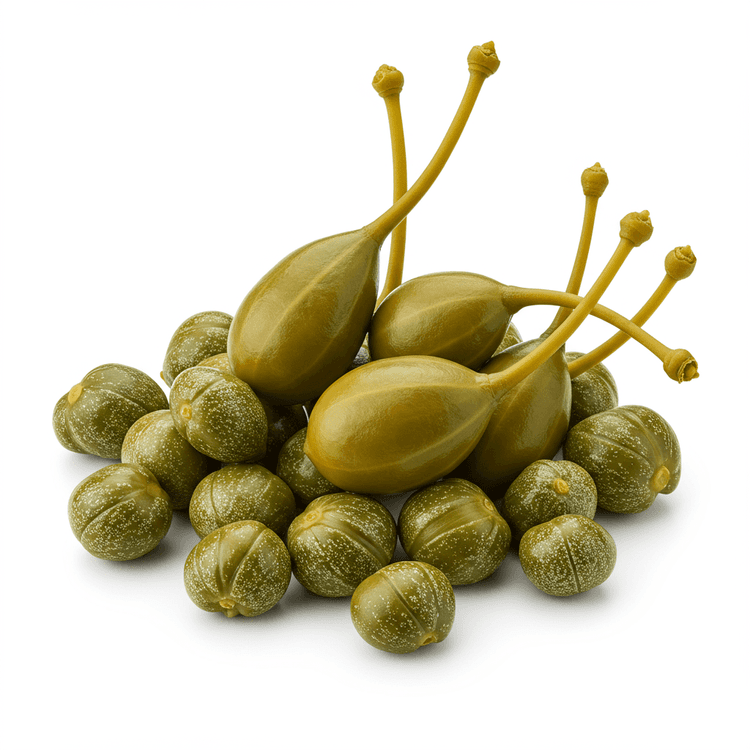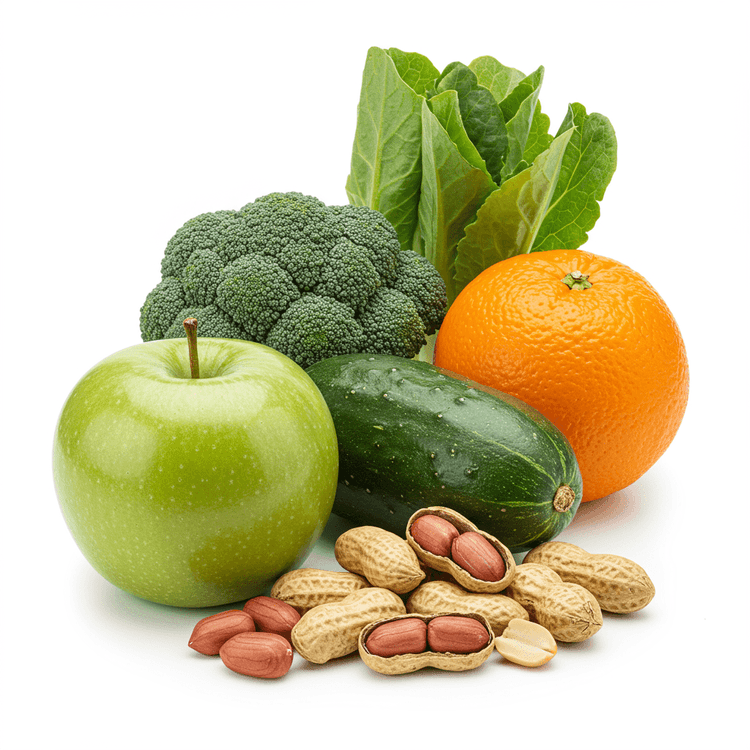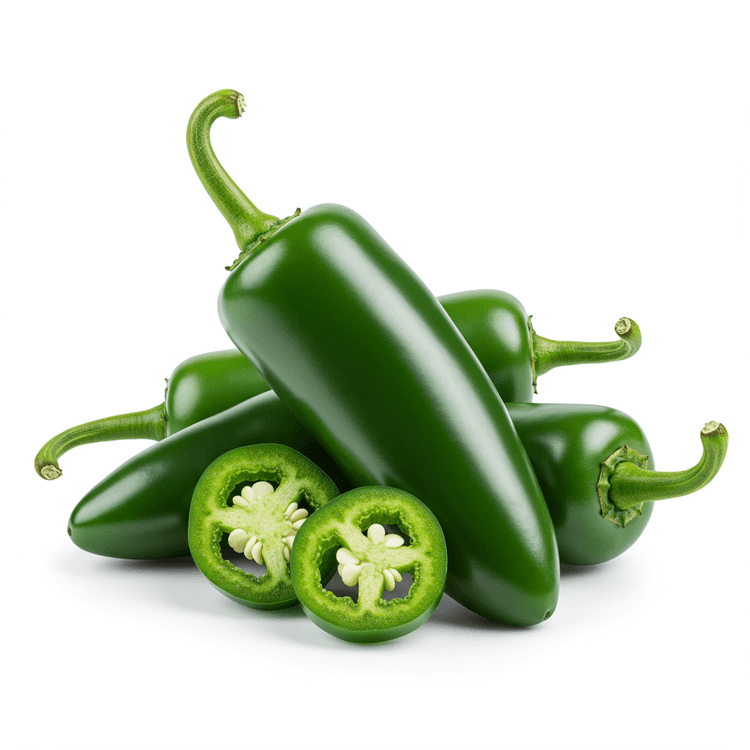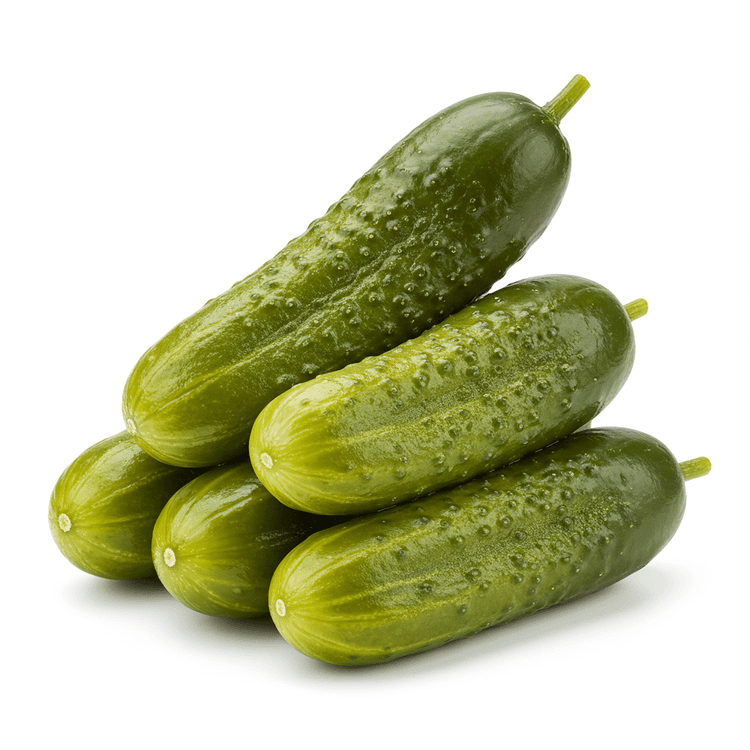
Pickle
Pickles are tangy, crunchy, and briny preserved vegetables, most commonly cucumbers, that are soaked in a solution of vinegar, salt, and spices. Known for their vibrant green color and crisp texture, pickles add a zesty flavor to dishes and are a staple in many cuisines worldwide. They come in various styles, such as dill, sweet, bread-and-butter, and spicy, making them a versatile ingredient for enhancing the taste of sandwiches, burgers, and salads. Pickles are also rich in probiotics when naturally fermented, offering potential health benefits.
Common Uses
- Add pickles to sandwiches and burgers for a tangy crunch that enhances the overall flavor profile.
- Chop pickles finely to create a relish or tartar sauce, perfect for pairing with seafood or grilled meats.
- Use pickles as a garnish for charcuterie boards, providing a zesty contrast to rich cheeses and cured meats.
- Incorporate pickles into potato or pasta salads for a burst of acidity and texture.
- Enjoy pickles as a standalone snack or appetizer, often paired with crackers or dips.
- Dice pickles and mix them into deviled eggs or egg salad for a flavorful twist.
Nutrition (per serving)
Nutrition (per serving)
Calories
12.0kcal (0.6%)
Protein
0.3g (0.6%)
Carbs
2.4g (0.87%)
Sugars
1.1g (2.2%)
Healthy Fat
0.0g
Unhealthy Fat
0.0g
% Daily Value based on a 2000 calorie diet
Nutrition (per serving)
Calories
12.0kcal (0.6%)
Protein
0.3g (0.6%)
Carbs
2.4g (0.87%)
Sugars
1.1g (2.2%)
Healthy Fat
0.0g
Unhealthy Fat
0.0g
% Daily Value based on a 2000 calorie diet
Health Benefits
- Pickles are low in calories, making them a great addition to weight-conscious diets.
- They are rich in probiotics when fermented, which can support gut health and digestion.
- Pickles provide a tangy, salty flavor that enhances sandwiches, burgers, and salads.
- They are a good source of vitamins and minerals, such as vitamin K and potassium, depending on the type of pickle.
- Pickles can help satisfy cravings for salty snacks without the need for processed chips or crackers.
- Their acidity can act as a natural palate cleanser in meals, balancing rich or fatty dishes.
Chefadora AI is here.
Experience smarter, stress-free cooking.
Storage Tips
Pickles should be stored in their original brine or liquid to maintain flavor and texture. Unopened jars can be kept at room temperature in a cool, dark place like a pantry. Once opened, store pickles in the refrigerator to preserve freshness and prevent spoilage. Ensure the lid is tightly sealed after each use, and always use clean utensils to avoid contamination.
Marnirni-apinthi Building, Lot Fourteen,
North Terrace, Adelaide, South Australia, 5000
Australia
